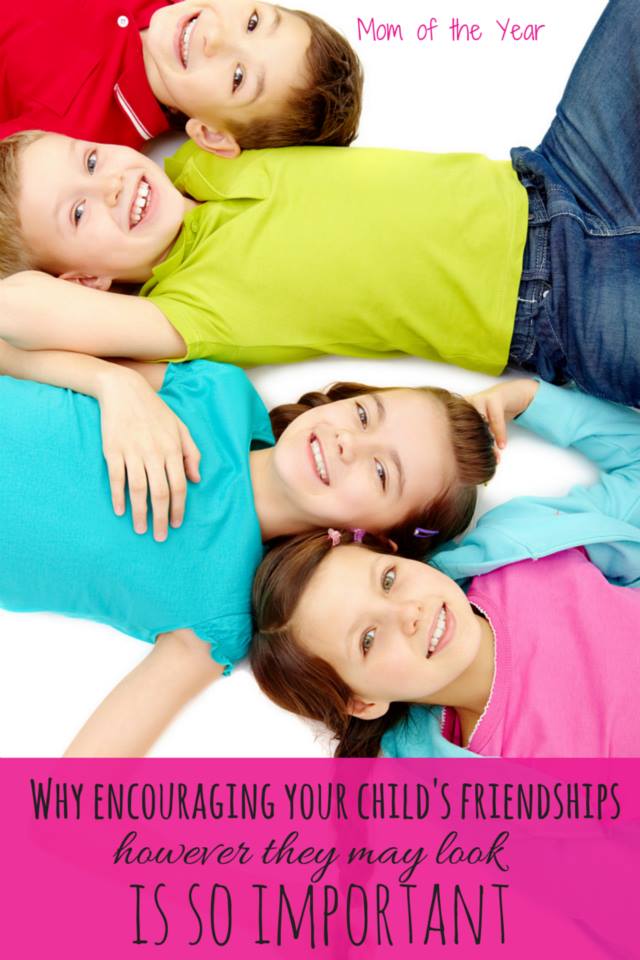 Friends, I need to introduce you to someone.
Friends, I need to introduce you to someone.
His name is Luke, and he is VERY IMPORTANT.
He has become the newest member of our family. No worries! I haven’t gotten myself knocked up again. I know, we can all exhale together now. No, Luke is the product of my daughter–her imagination, that is.
I took all my child psych classes and fully get that imaginary friends are “normal”, but it’s still a mind-bender. A mind-bender in that my son never even came close to having one.
In that she never falters in her dedication to Luke’s reality. We reached a new level of Luke-ness last week when she wrote him notes and put them in our mailbox one evening. The next morning, as we checked the mailbox on our way back from the bus stop (as she always insists on doing), she found the notes and became convinced that he had sent her mail. There was no rationalizing; in her mind, my daughter had begun written communication with her love.
In that her brother totally accepts and almost shares the delusion:
“Isaac, I saw Luke at your school today!”
“Oh yeah, was he there?”
In that, while everyone says it’s a natural part of childhood, very few of my friends’ kids have actually had such a committed imaginary friend.
In that he is omnipresent. We “see his house” multiple times a day–in different towns. His dad not only mows the lawn at preschool, he works at the bank as well.
In that everyone in our life knows Luke. My sitter will text me, “Just saw Luke at the grocery store!” My sister asks how Luke is doing.
In that he is an opinionated soul. “Luke does NOT want me to wear the green outfit today!”
In that she most definitively uses him to process things in her life that she is not able to otherwise process. “Luke’s grandma died. But he’s not that upset about it.” This makes me tear up; I won’t lie. Why shouldn’t the sweet young thing find a way to process her grandma’s premature death? My own grandma died before I was born and I still ache from the unrecognized pain of that. Go you, daughter, for figuring out a way to address the sadness.
I like to think my recollection of my education is pretty accurate (please tell me I didn’t throw thousands of dollars down the drain for nothing), but I wanted to make sure I wasn’t off in my general acceptance and appreciation of Luke. I asked Dr. Tricia Groff to weigh in on imaginary friends:
“Is an imaginary friend normal?”
It is common for preschool children to invent imaginary friends. The imaginary friends usually disappear during the grade school years. Rather than being a problem, the presence of imaginary friends often illustrates a child’s creativity and use of imagination. Imaginary friends provide a way for children to relate to someone their own age and/or to discuss issues that they may not be comfortable saying directly to an adult.
“How should parents handle it?”
Rather than trying to ignore or minimize their presence, adults can use the imaginary friend to better understand the child’s thoughts and emotions.
“When are imaginary friends a concern?”
If children have mean or angry imaginary friend, the child may be experiencing deep emotional distress which should be investigated. Similarly, parents should be concerned if the child plays with the imaginary friend at the exclusion of developing friendships with real children.
With Dr. Groff’s input and my awareness that Luke is not mean, angry, nor preventing her from real-life friendships, I feel pretty secure about his existence. I am so thankful for her confirmation and information. Dr. Groff is one of the experts that truly get it and care, and I can fully recommend any counseling she provides. Thank you, Dr. Groff.

All of this in mind, I am outlining some key strategies for handling imaginary friend, from the perspective of being a mom, no expertise assumed:
1) Accept. It may not be real, but your kid believes that it is. Go with it. You’ll save yourself a lot of frustration.
2) Acknowledge, but don’t encourage. It would be so easy, so many times to say, “But Luke wants you to do what Mommy is saying!” Yet, I have always had some innate awareness that Luke is her delusion, not mine. I’m not sure feeding it is wrong or right, but it is her thing. I need to allow her to develop and use it as she will.
3) Allow conversation as your child offers. As Dr. Groff said above, imaginary friends are a tool parents can use to better understand their kids–use it as such. If my gal wants to tell me all about Luke’s lawn-mowing dad, why not? It’s obviously something that matters to her; whether I get it or not.
4) Listen. Dude, I would be an idiot not recognize the way she uses Luke to process her own grandma’s death. I am relatively new at this parenting thing, but I have heard getting your kids to talk about their inner feelings is a beast. This one is right there, and she’s giving it to me–I’d tune my ears into what she actually saying.
5) Don’t cry over goodbyes. My daughter has yet to bid adeui to Luke, but there are days he doesn’t come up at all, nor does his dad drive by in the mower. Again, this is her thing. There are days that she may need him and there are days that she may not. I don’t get to choose when Luke shows up.
I don’t determine how my children present in this world, but I can allow them to explore it with the safe reassurance that I’m here, whatever here is–imaginary friends included. And honestly, what they bring to the table is often pretty darn cool. Who wouldn’t want a friend who can change his hair color by the day and be in ten places at once?
Modern day super-hero? Maybe. But for today, we’ll just call him Luke.
First image credit: depositphotos.com, ID:4890633, copyright:gjohnstonphoto
Second image credit: depositphotos.com, ID:11633196, copyright:pressmaster
Latest posts by Meredith (see all)
- Somewhere Beyond the Sea Book Club Discussion - January 10, 2025
- Here One Moment Book Club Discussion - November 8, 2024
- Create Fun Halloween Decor with a Decoupage Pumpkin Craft! - October 21, 2024


thedoseofreality says
Both of my girls had them. I kind of miss the days of the imaginary friends! So sweet. Hope Luke at least helps around the house! ;)-Ashley
Meredith says
Absolutely! Doesn’t get free keep 😉
TriciaG says
So glad you did a blog on this subject. Imagination is such a positive, creative force and it seems that people often squelch it or dismiss it. Hope Luke has a good day!
Meredith says
Your input was so valuable and so very appreciated. Thank you for sharing–and for being so very smart, Dr. Groff!
Amy Flory - Funny Is Family says
Neither of my kids had imaginary friends, but their stuffed animals sure have some strong personalities. Tell Luke “What up?” from me!
Meredith says
“What up” from Amy indeed!
Darlene says
How old should a child be before you get concerned they should have out grown imaginary friends?
Meredith says
Darlene, this is such a great question! My research seems to indicate it’s normal to carry into the school-age years, but I am not a professional by any stretch–definitely something to ask a medical doctor or psychologist. Thanks for checking in here!
BrendaH says
My son Lucas had an imaginary friend he named Tommy. Although Lucas had a twin brother to play with everyday, he always begged to go to Tommy’s house. (which he imagined Tommy lived in a vacant home down our street). He talked about Tommy endlessly, which made his twin brother quite upset. His pre-school teacher even mentioned that it was a problem at school. We ended up letting the boys have their own pets. Lucas picked out a hamster which he named Tommy and that pretty much ended the “friend” Tommy. Lucas was 5 at the time and to date says he has no recollection of even going through that.
Meredith says
Brenda, this is such an interesting experience! Thank you for sharing it here! That sounds like a genius way to handle a tricky situation. Well done, mama 🙂